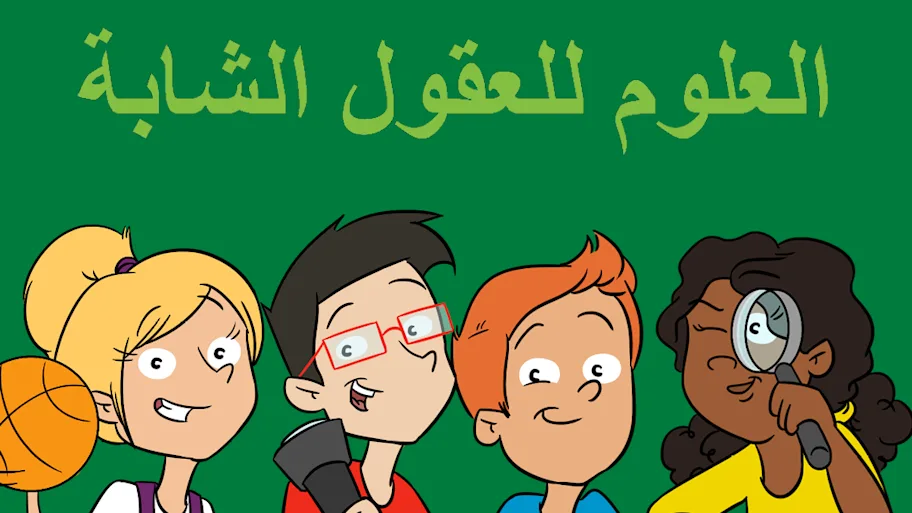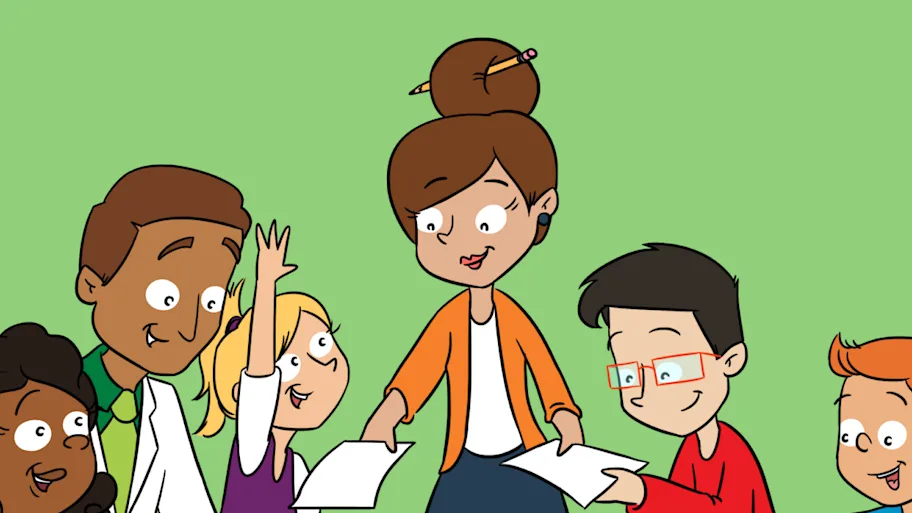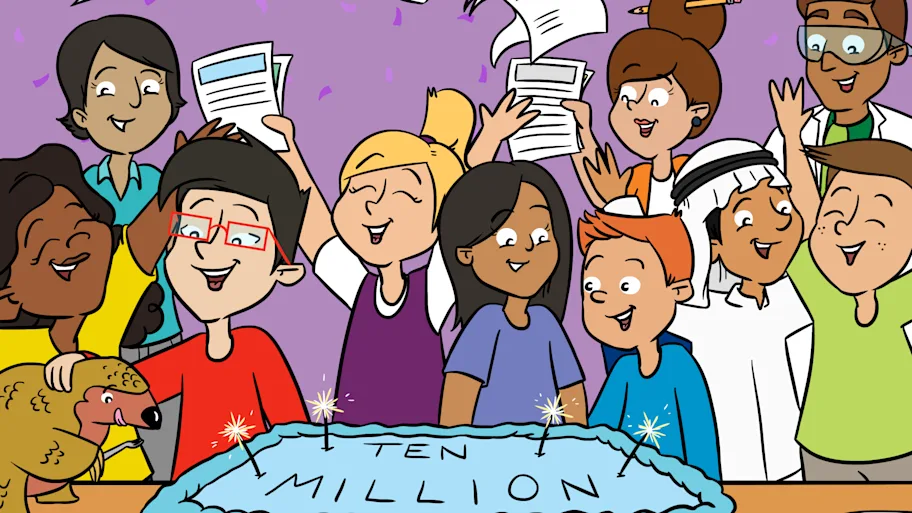
- Science News
- Featured news
- Frontiers for Young Minds’ outreach to the Arabic community
Frontiers for Young Minds’ outreach to the Arabic community
Frontiers for Young Minds’ goal has always been to provide clear, engaging science to inspire the next generation of researchers. We go beyond providing accurate and exciting science for kids, we actively involve them, teaching them to ask the right questions and to be able to use those critical thinking skills to become scientists all over the world.
Frontiers for Young Minds’ latest focus has been on the Arabic community. In April 2021, we launched our Arabic journal translated version which has already garnered 400K views and downloads. Partnered with King Abdullah University of Science and Technology (KAUST) in Saudi Arabia, our long reaching ambition is to reinforce the scientific mindset among Arabic-speaking children around the world. So far, out of 840 Editorial Board members 20 are in the Arabic region, mostly in Saudi Arabia, UAE and Qatar, and we hope to grow this community to a much greater extent. You can learn more about Frontiers for Young Minds’ Arabic outreach in Mohammed Shaaban’s Al Jazeera article.

Photo credit: Frontiers
We publish in six subject areas - Astronomy and Physics, Biodiversity, Earth & its Resources, Human Health, Mathematics, Neuroscience & Psychology - with materials available in English, Hebrew and Arabic. And we have ambitious plans to expand our language spectrum even further!
For any theme ideas, funding and translation support for our Arabic edition, please contact kids.arabic@frontiersin.org, and a native-speaking journal team member will be happy to assist with any questions.
About Frontiers for Young Minds
Frontiers for Young Minds (FYM) is a unique, completely free, open access kids' science journal that publishes articles written by top researchers and edited by children aged 8-15. The journal features nearly 1000 articles with 20 million views and downloads, produced by 2650 authors, 4650 young reviewers and 780 science mentors, from 55 countries worldwide. FYM publishes in six subject areas (Astronomy and Physics, Biodiversity, Earth & its Resources, Human Health, Mathematics, Neuroscience & Psychology) with materials available in English, Hebrew and Arabic. In 2021, the Nobel Collection, featuring articles written by the Noble Prize winners, was launched and has received over 450,000 page views to-date.






